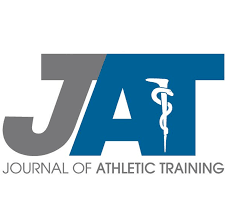Context
The King-Devick (KD) test is a rapid number-reading test that has emerging use in the assessment of sport-related concussion (SRC). Previous research suggested that healthy individuals and patients with acute concussions who had shorter recovery times (<3 weeks) demonstrated a learning effect on the KD test after mild to moderate exertion, whereas patients with longer recovery times did not.
Objective
To assess if the absence of postexertional improvement on the KD test within 10 days of concussive head injury was associated with a longer duration of recovery.
Design
Prospective cohort study.
Setting
University concussion-management clinics.
Patients or Other Participants
Male and female adolescent athletes (n = 99, aged 13–18 years) presenting within 10 days of SRC.
Main Outcome Measure(s)
The KD test was administered before and after the Buffalo Concussion Treadmill Test (BCTT). Days from injury to recovery, with recovery defined as being asymptomatic, confirmed by the assessment of a physician who was blinded to the treatment group, and the return of normal exercise tolerance on the BCTT were recorded.
Results
Participants with postexertional slowing (PES group, n = 33) had a longer duration of recovery (17 days versus 13.5 days, P = .033) than participants without PES (no-PES group, n = 66). At any clinic visit, PES was also associated with a relative risk of 2.36 (95% confidence interval = 1.55, 3.61; P < .001) of not recovering within the following week.
Conclusions
The current study validates our prior work showing that acutely concussed adolescents who did not display the typical learning effect on the KD test after the BCTT took longer to recover from SRC than those who exhibited the typical learning effect.

